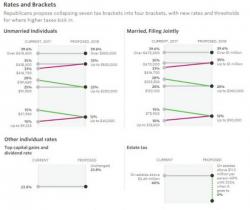Germany Loses Track Of 30,000 Failed Asylum Seekers

Having reported on a leaked document overnight that exposed the spiralling violence in Germany's refugee shelters, news this morning, via Die Welt, that more than 30,000 migrants due for deportation have gone missing under Merkel’s watch, just adds to anxiety and division in the nation.
And as TruthRevolt's Vijeta Uniyal reports, the government has no clue to their whereabouts, German newspapers report.



